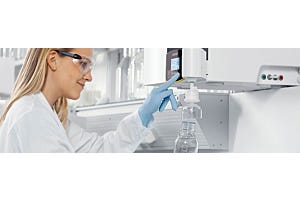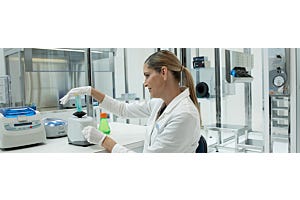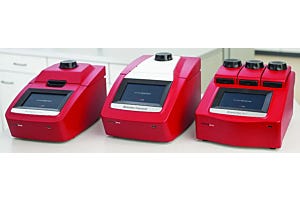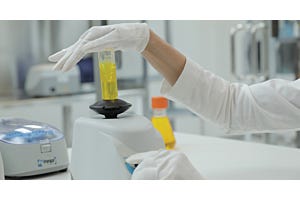- (714) 578-6016
Mon-Fri, 7am - 6pm PST
Worldwide Pricing and Secure Global Shipping Available!
- Get a QuickQuote
- Free Consultation (714) 578-6016
- Track Order Sorry, no orders are open for tracking
Fan Filter Units (FFUs)
PASSWORD REQUIRED
for
We can't find posts matching the selection.
Categories
- All Terra Blog Posts 56
- Glove Boxes 0
- All Laboratory-Equipment Blogs 52
- Air Showers 0
- Iso Compliance 0
- Raw Materials 0
- Garments & Gowning 0
- Cleanroom Vacuums 0
- Feature Comparisons 27
- Wet Processing Stations 0
- Biological Safety Cabinets 1
- Fan Filter Units (FFUs) 0
- Fume Hoods 0
- Cleanroom Furniture 0
- Doors & Windows 0
- Vacuum Chambers 0
- Testing & Analysis 14
- Storage Systems & Processes 6
- Sample Prep & Processing 30
- Cleaning, Decontamination, Sterilization 2
- Cleanrooms 0
- Pass-Through Chambers 2
- Laminar Flow Hoods 0
- General Topic 0
- Furnishings & Equipment 1
- Desiccators 0
Recent Posts
All Posts






